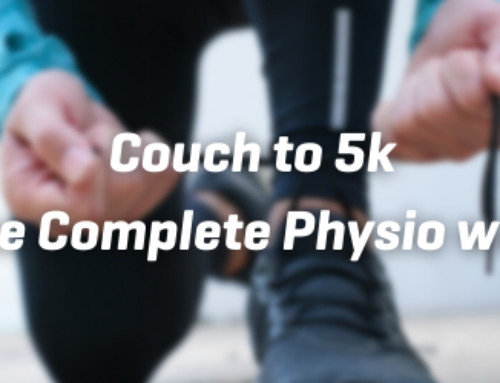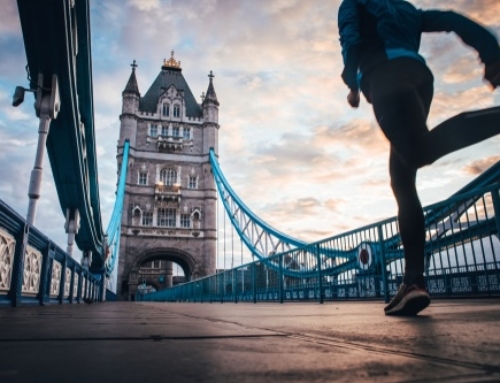Feeling claustrophobic in a locked car can be overwhelming. The sense of being trapped can heighten anxiety, making it difficult to stay calm. However, understanding how to manage this situation can help you stay composed. In this article, we’ll explore practical steps to cope with claustrophobia in a locked car, including immediate actions, breathing techniques, exercises, distractions, and the importance of finding the closest car locksmith.
Claustrophobia is an intense fear of confined spaces. When you’re in a locked car, this fear can escalate quickly. The enclosed environment, coupled with a lack of control, can trigger panic. Your heart might race, your breathing can become rapid, and you may feel an urgent need to escape. Recognizing these symptoms is the first step in managing your anxiety.
Immediate Steps to Take When You Feel Claustrophobic in a Car
First, try to stay calm. Take deep breaths and remind yourself that you’re safe. If possible, open a window to let in some fresh air. This can help reduce the feeling of confinement. If you have your phone, contact someone who can assist you or search for the closest car locksmith.
Deep breathing is an effective way to calm your mind and body. Try this: inhale deeply through your nose for a count of four, hold your breath for four seconds, and then exhale slowly through your mouth for another count of four. Repeat this process several times until you feel your anxiety begin to subside.
Physical movement can help reduce anxiety. Even in a locked car, you can do simple exercises. Try rolling your shoulders, stretching your arms, or rotating your neck gently. These movements can help release tension and provide a distraction from your anxiety.
How to Distract Yourself When Feeling Claustrophobic
Distraction is a powerful tool against claustrophobia. Listen to music, play a game on your phone, or read something interesting. Engaging your mind with something enjoyable can help take your focus away from the feeling of being trapped.
Mental imagery involves visualizing a peaceful and open space. Close your eyes and picture yourself in a wide, open field or at the beach. Imagine the sounds, smells, and sensations of that place. This technique can help shift your focus and reduce feelings of confinement.
Finding the Closest Car Locksmith
Knowing how to find the closest locksmith is crucial in this situation. Use your phone’s map or search apps to locate a car locksmith nearby. Having this information readily available can give you a sense of control and a clear action plan. Reaching out to the nearest locksmith can provide immediate relief. Knowing that help is on the way can significantly reduce your anxiety. Explain your situation clearly so they understand the urgency and can assist you promptly.
In an emergency, speed is vital. Use your phone to search “closest locksmith” or similar terms. Many apps can provide reviews and contact information. Save a couple of reliable locksmith contacts in your phone for future reference. When you contact the closest locksmith, be clear and concise. Explain that you’re locked in your car and feeling claustrophobic. Provide your exact location and any relevant details about your vehicle. This helps them arrive quickly and be prepared to assist you.
Staying Calm While Waiting for a Locksmith
While waiting, continue using deep breathing techniques and distractions. Remind yourself that help is on the way. Try to stay in a comfortable position and keep your mind occupied. Reassuring yourself that the situation is temporary can help maintain your composure.
Consider therapy or counseling to address your claustrophobia. Cognitive-behavioral therapy (CBT) can be particularly effective, as reported by the NHS. Additionally, practicing relaxation techniques regularly can help you manage anxiety in various situations.
Having a few essential items in your car can make a significant difference. Keep a bottle of water, a small fan, or essential oils for calming scents. Additionally, having a stress ball or fidget toy can provide a tactile distraction.
Final words
Hearing how others have coped with similar situations can be encouraging. Many people have successfully managed their claustrophobia in a locked car by using the techniques mentioned here. Their stories can provide hope and practical tips for overcoming your own challenges.
Coping with claustrophobia in a locked car involves understanding your triggers and knowing how to manage them. Immediate actions, breathing techniques, and distractions can help you stay calm. Finding the closest locksmith and knowing what to do while waiting for help are crucial steps. With preparation and practice, you can handle this situation effectively and reduce your anxiety.
Don’t let pain hold you back, book now!




